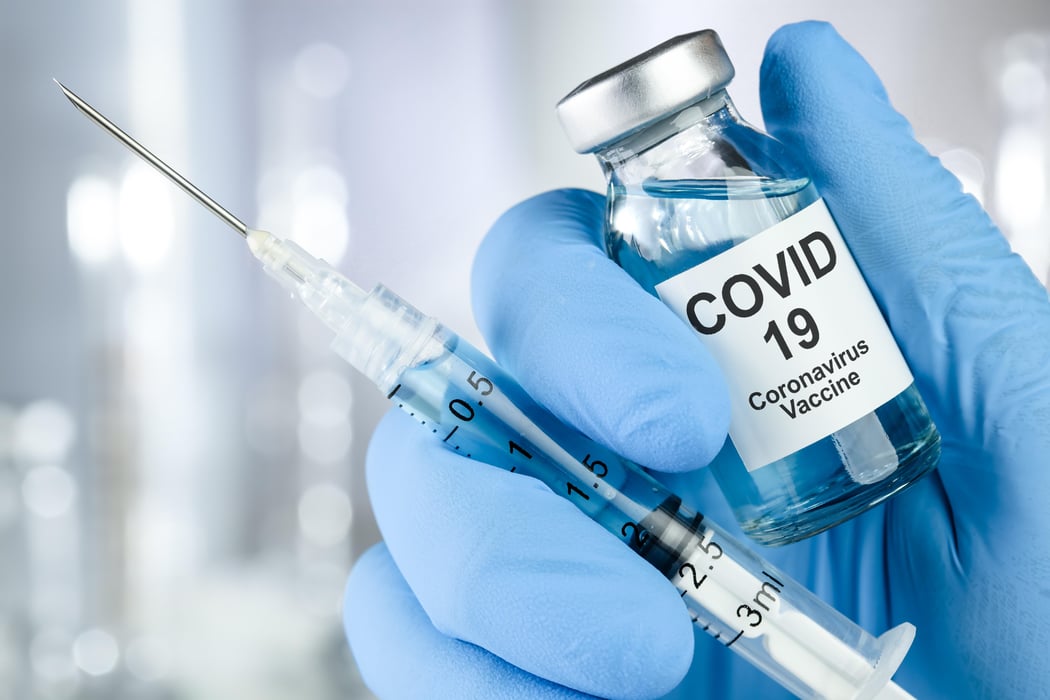FDA Panel to Weigh Improved Booster Shots From Moderna, Pfizer

MONDAY, June 27, 2022 (HealthDay News) -- A U.S. Food and Drug Administration advisory panel will vote on Tuesday whether to recommend that updated COVID-19 booster shots be used this fall to protect against omicron and its highly contagious subvariants.
Because the virus mutates so quickly, the FDA may approve the new vaccine formulations as COVID-19 cases are expected to surge again this winter. Given how fast the virus changes, lengthy human trials may have to be abandoned in favor of more laboratory tests and animal tests, The New York Times reported. Human trials can take up to five months, which can make the vaccine obsolete before it is even released to the public.
Both Pfizer and Moderna have been testing updated booster shots that target the omicron variant, with early trial results showing the tweaked shots boost protection against omicron. Since then, subvariants of omicron have surfaced and are spreading. As of June 18, the BA.4 and BA.5 subvariants accounted for 35 percent of all U.S. infections.
"Omicron is clearly in the rearview mirror," Peter Hotez, M.D., a vaccine expert with the Baylor College of Medicine in Houston, told The Times. An omicron booster is not necessary unless it works against the newest omicron subvariants, but "I haven't seen evidence of that," he said. Even the FDA said in a briefing document prepared for the advisory committee meeting that the bivalent booster targeting both the original virus and omicron is "already somewhat outdated."
But Kelly Moore, M.D., president of Immunize.org, a nonprofit that works to increase vaccine rates, told The Times that an accelerated process is already used to update the flu vaccine each year. Although this is the first time the process would be used with COVID-19 vaccines, they have been safely given to hundreds of millions of people, she noted. Updating them might call for "very well-educated guesswork," she said, that is "appropriate for the circumstances."
Still, the chance exists that the virus will change again and make the updated vaccines ineffective. John Beigel, M.D., a clinical research director at the U.S. National Institutes of Health, told The Times, "They [the new vaccines] may be old news by the time the fall comes." Beigel said one option is to stick with the existing vaccines, which continue to provide robust protection against severe disease, while offering very little protection against infection.
Related Posts
Perros guardianes y botones de pánico: una creciente violencia amenaza a los enfermeros
LUNES, 1 de noviembre de 2021 (HealthDay News) -- Grace Politis, una enfermera...
Why Are Cases of Pancreatic Cancer Rising in Young Women?
MONDAY, Oct. 25, 2021 (HealthDay News) -- In his work with patients who have...
2016 to 2020 Saw Increase in Gender-Affirming Surgery in U.S.
THURSDAY, Aug. 24, 2023 (HealthDay News) -- From 2019 to 2020, there was a...
New Zealand Aims for Zero Smokers in a Generation: Could Plan Work Elsewhere?
THURSDAY, Dec. 30, 2021 (HealthDay News) -- Nearly all countries agree: Smoking...
